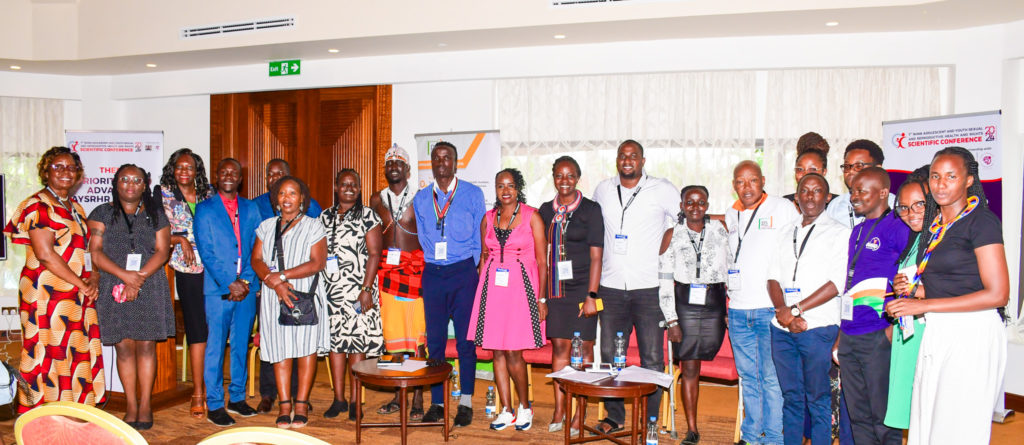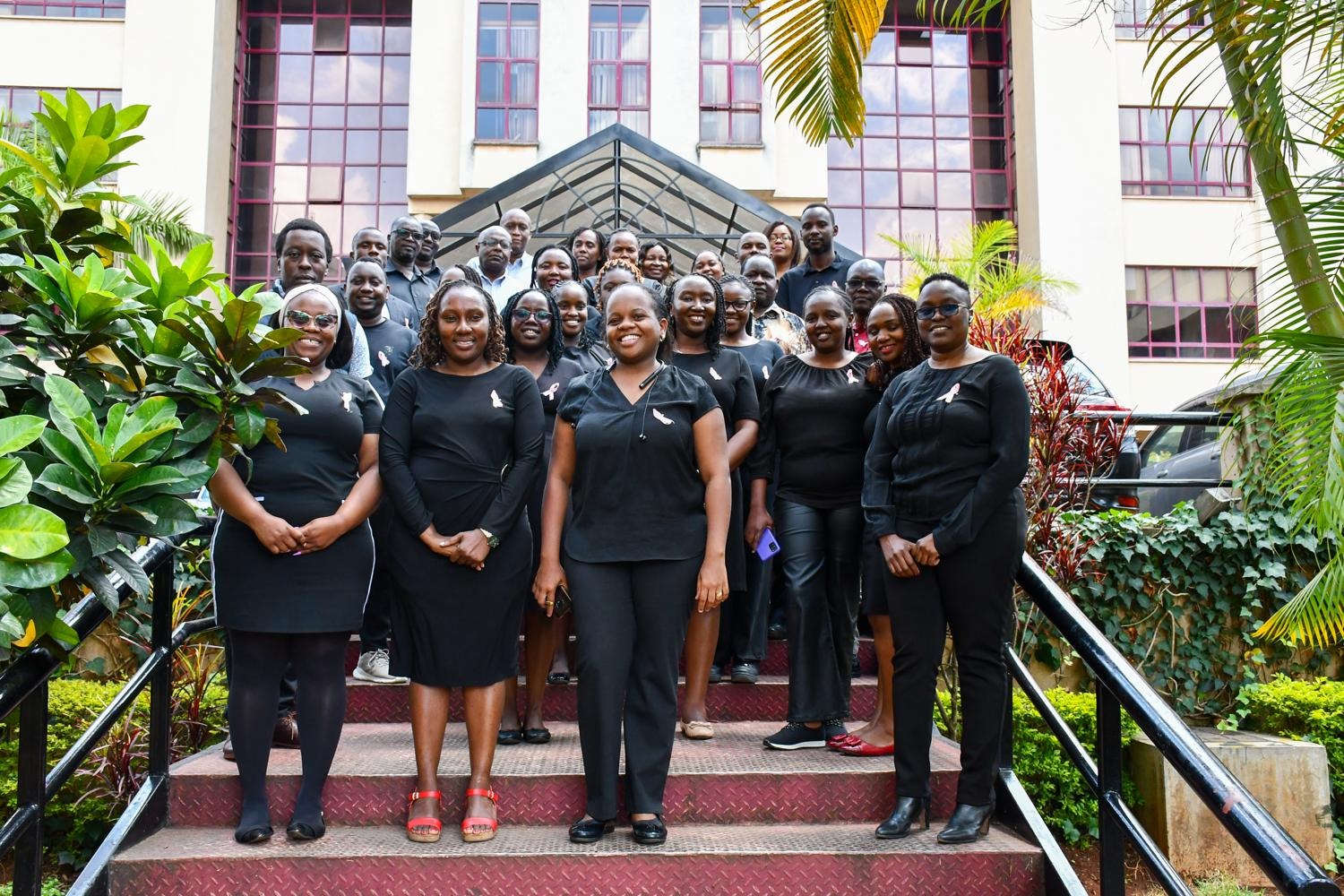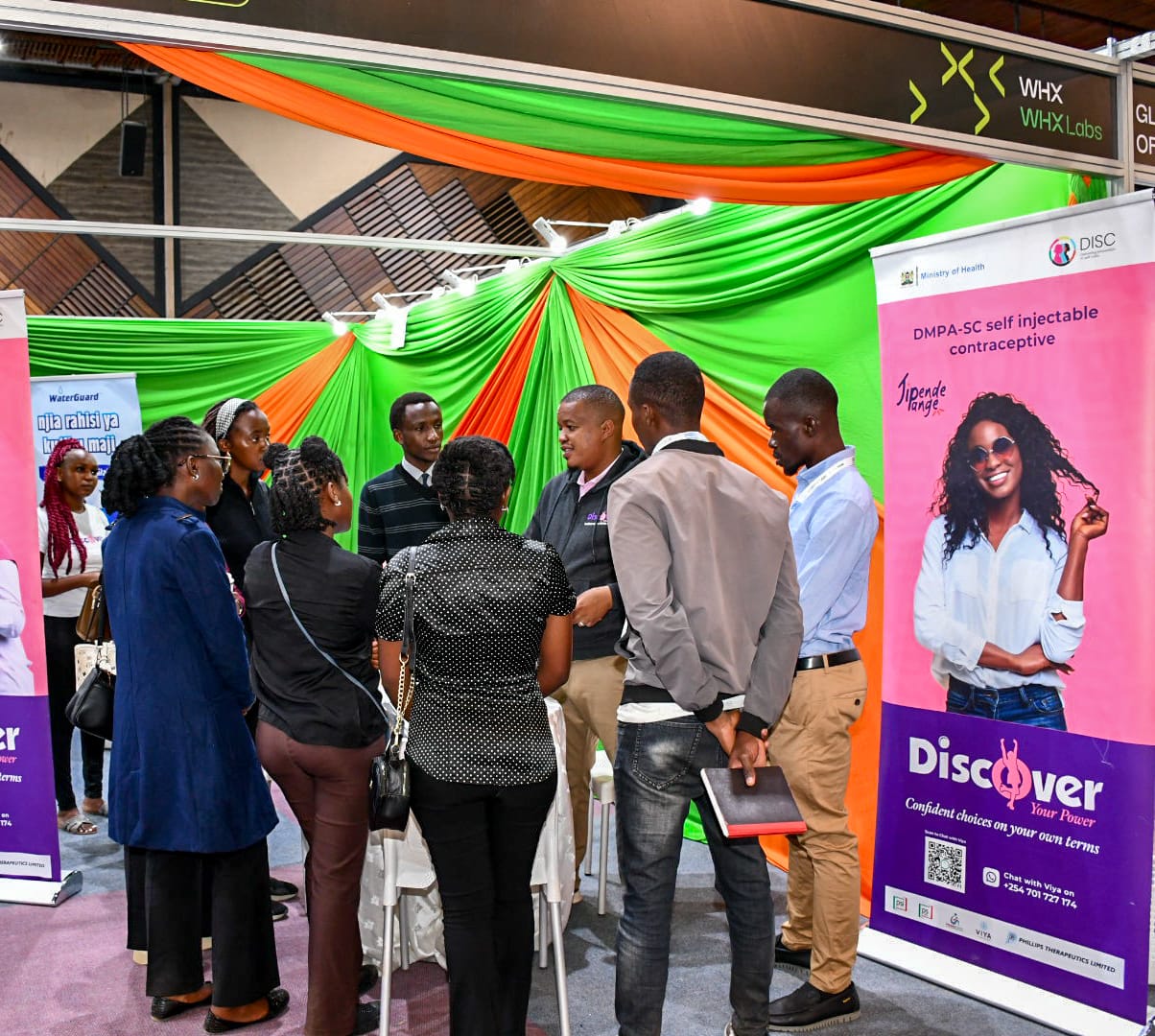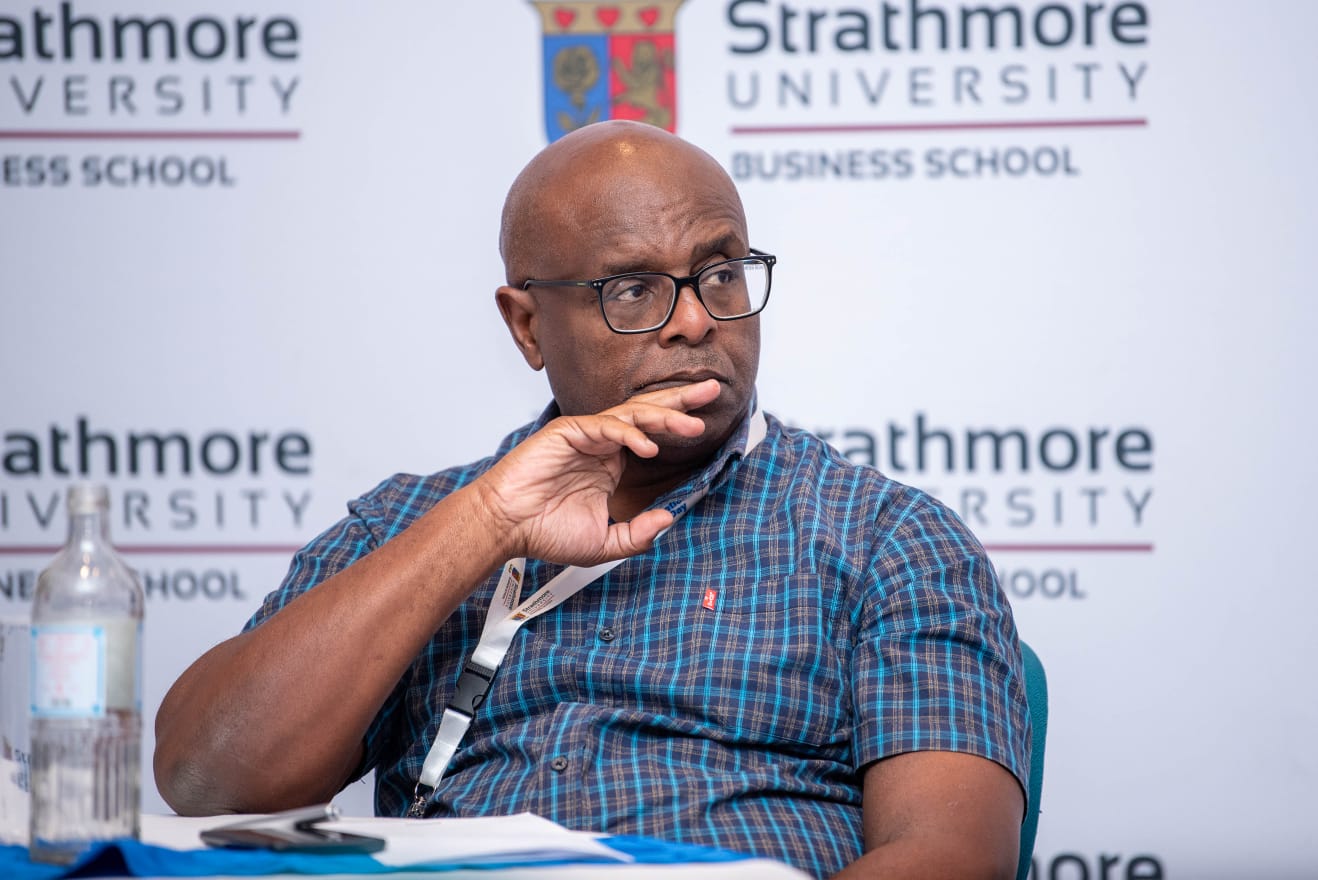The 7th RHNK Annual Scientific Conference, themed ‘Priorities for Advancing Adolescents and Youth Sexual Reproductive Health Rights (AYSRHR) in Africa,’ gathered leading organizations and professionals dedicated to enhancing the health and rights of young people across the continent. At the forefront of this pivotal event was PS Kenya, demonstrating its unwavering commitment to advancing reproductive health through innovative projects and interventions.

PS Kenya’s presence at the conference was marked by a dynamic booth featuring its flagship reproductive health projects: DESIP (Delivering Equitable and Sustainable Increases in Family Planning), Binti Shupavu (A360) and Accelerate. These interventions are designed to address the diverse and pressing reproductive health needs of Kenya’s adolescents and youth, drawing considerable attention and offering the conference attendees invaluable insights into PS Kenya’s impactful nationwide efforts.
During the conference, PS Kenya had the privilege of showcasing some of their interventions, such as ‘The Role of Religious Leaders in Influencing Fertility Behavior for the Successful Adoption of Family Planning Among Young Women.’ This presentation highlighted how engaging religious leaders can be a game-changer in promoting family planning practices among young women, particularly in culturally sensitive regions like Mandera. By leveraging their platforms, religious leaders have the ability to dispel misconceptions, address fears, and promote accurate information about contraception. Their support not only helps bridge cultural barriers but also promotes an environment where young women are empowered to make informed choices about their reproductive health. This approach not only enhances the reach and effectiveness of family planning programs but also promotes healthier communities where individuals can thrive in accordance with their religious convictions.
Another key presentation, “Assessment of Contraceptive Use Patterns Among Adolescent Girls Aged 15-19 years in Kenya,” delved into the contraceptive behaviors of young Kenyan girls. This assessment provided valuable data on usage patterns, barriers to access, and the effectiveness of various contraceptive methods. The findings from this presentation are poised to drive significant advancements in reproductive health strategies, offering a roadmap for tailored interventions that address the unique needs of adolescents. The study highlights the urgency of bridging gaps in reproductive health services and ensuring that young women are empowered with the knowledge and resources to make informed decisions about their reproductive health.
In Narok and Baringo counties, PS Kenya has implemented a ‘Structured Mentorship Approach for Increasing Long-Acting Reversible Contraceptives (LARC) Healthcare Service Delivery to Adolescents and Young Women.’ This approach effectively addresses the unique challenges faced in rural areas by improving healthcare provider skills, and empowering young women with better access to vital reproductive health services. This presentation highlighted PS Kenya’s commitment to advancing reproductive health and rights through sustainable and impactful interventions, showcasing our dedication to empowering communities and enhancing healthcare accessibility for adolescents and young women.
Recognizing the importance of media in shaping youth behavior and attitudes, PS Kenya took part in a panel discussion on the topic ‘The Evolving Media Ecosystem for the Youth: Implications for SRH Strategies.’ The conversation explored how changes in media consumption among young people impact sexual and reproductive health strategies. By understanding these trends, PS Kenya and other stakeholders can craft more effective campaigns that resonate with the youth and promote healthy behaviors.
The ‘Manyatta Model’ was another highlight of PS Kenya’s participation. This transformative approach to community and household engagement focuses on creating supportive environments for adolescent and youth sexual and reproductive health. By involving entire communities, the Manyatta Model ensures that young people receive comprehensive support and education, leading to better health outcomes. PS Kenya also showcased its efforts in ‘Embracing Digital Innovations to Increase Access to Adolescent and Youth Sexual and Reproductive Health (AYSRH) Information through USSD Codes.’ This innovative use of technology allows young people to access vital reproductive health information quickly and discreetly, breaking down barriers to knowledge and services.
A significant moment for PS Kenya at the conference was leading the panel discussion on ‘Building Together: Adolescent and Youth-Centric Approaches to SRHR and Family Planning.’ This highlighted the importance of fostering partnerships and leveraging diverse perspectives to address the unique needs of the youth including those living with disabilities and from marginalized communities.
PS Kenya’s active participation in the conference showed its strong commitment to promoting sexual and reproductive health rights for adolescents and youth in Africa. PS Kenya is leading the way towards a healthier and more informed generation with their innovative projects, impactful interventions, and influential leadership.



